R. Kelly’s Conviction: What It Portends for Survivors of Sexual Exploitation
The media recently covered the conviction of Robert Sylvester Kelly, popularly known as R. Kelly, who was found guilty on all charges in his trial on sex trafficking, exploiting his stardom to lure women and underage girls into his orbit for sex and racketeering charges, encompassing 14 specific acts by a New York Jury.
Kelly, 54, was accused by multiple witnesses of targeting, grooming and, exploiting young women and men for his sexual gratification and running a sex cult by trafficking people across state lines, violating the Mann Act. He also allegedly bribed a government worker to help him marry late R&B singer Aaliyah when she was 15 years old.
His conviction followed due deliberations from the jury after hearing from 50 witnesses throughout the trial, only five of whom testified for the defense. The accusers testified that Kelly controlled their day-to-day lives, including when they could use the restroom and forced them to complete sexual acts.
Kelly’s sexual exploitation dates back more than 20 years ago and he has been hiding under his money and fame to avert justice. It is also important to note that R. Kelly’s accusers are predominantly black, so this put paid to the argument of white supremacy.
Sadly, this is the reality we find ourselves in the country. No day passes in Nigeria without reported cases of sexual violence. Perpetrators who are in positions of authority continue to use their influence and affluence to shield themselves from the law while survivors are denied justice.
Enforcement agencies in Nigeria have been known to frustrate survivors and victim-blame them when cases of this nature are brought to their notice. This has made access to justice for survivors not only difficult but the inability of survivors to freely talk about their experiences. No one purposely walks into danger or agrees willfully to be molested. One can better understand why victims don’t talk about sexual abuse.
Analyzing the singer’s antics of sexual exploitation, one can critically examine the regular patterns of sexual abuse. The same predictable patterns of grooming, sexual exploitation, manipulation, suppressing the disclosure and, possible gaslighting.
Sexual abuse is intentional behavior. An adult chooses a victim and to continue doing this, the perpetrator consciously plans how best to approach and gain the cooperation of his victim. The perpetrator then intentionally directs the situation or even makes threats so that his victim is afraid to tell anyone about it and keep it a secret.
According to a July 2019 poll conducted by NOIPOLLS, it revealed that 85% of Nigerians believe there is a high prevalence of rape in the country.
The report indicates that “about 3 in 10 Nigerians (26 percent) disclosed that they know someone who has been raped in the past and the rape victims were particularly minors and young adults aged between 1 – 15 years (72 percent) and 16 – 25 years (24 percent) respectively. This statistic implies that one in every three girls would have experienced at least one form of sexual abuse by the time they reach 25 years”. This is away from the magnitude of rape, violations and, sexual abuses that occur in conflict-prone areas!
The discrimination women face in the wake of systemic inequality being prevalent in Nigeria and the lack of implementation of necessary legal instruments that protect women and girls and gives assurance of justice, makes it harder for women to report cases of sexual assaults. At the moment, for instance, the Imo state Governor, Hope Uzodinma is yet to assent the Violence Against Women and Girls, VAPP into law after 3 months the Imo House of Assembly passed to bill for assent.
However, with the verdict of R. Kelly after decades of accusations and activism, it gives us hope that change is happening, albeit very slowly. His case will always be used as a focal point in event of sexual abuse between a highly placed person and someone of a lower status. It is noteworthy that, activists and civil societies in Nigeria have helped bring these realities to the fore in recent years, and Nigerians are becoming more receptive and understanding of these vices.
With current campaigns against rape and other forms of sexual abuse in the country, states need to rise to the occasion and deal with it. There is a need for a national database that contains information of every citizen, a national criminal record system, in addition to the creation of sex offender’s registers, it will go a long way for proper documentation and help track perpetrators.
Secondly, there is a need for quick hearing of such cases if charged to court, this is so because reported cases to the police and the way it was handled in some situations have discouraged survivors of rape from coming forward. This will go a long way, to restore confidence in the minds of survivors. If rapists are caught, tried, and jailed in time, it can serve as a form of deterrence to future offenders.
We hope what comes of this is more messages about accountability and fewer messages about doubt, shame, and the persecution of survivors who decide to come forward.
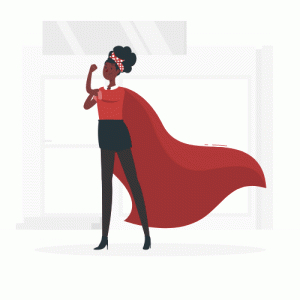
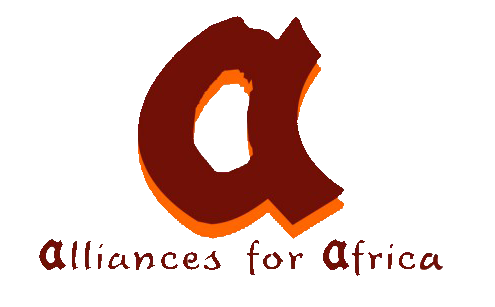
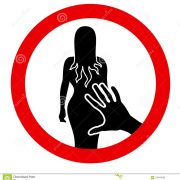
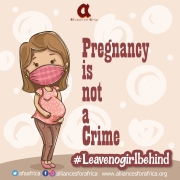
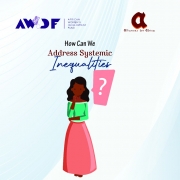
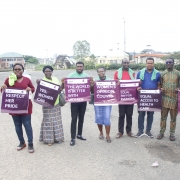

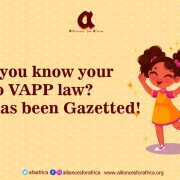
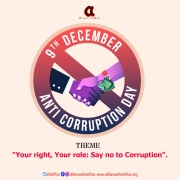


Leave a Reply
Want to join the discussion?Feel free to contribute!